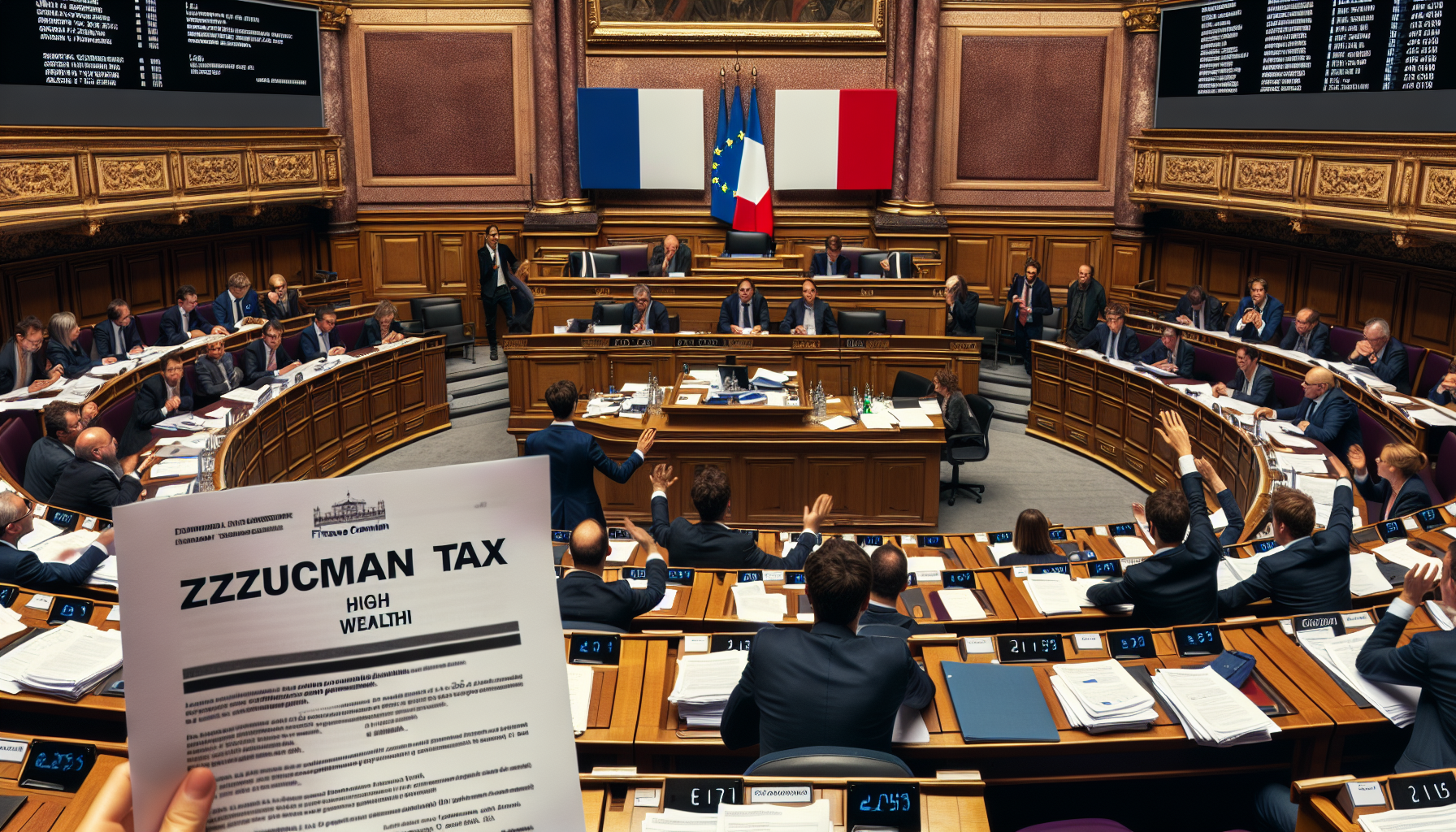The National Assembly's finance commission rejected the Zucman tax on very high patrimonies on Monday, October 20, proposed by the left. Deputies from the government coalition and the National Rally voted against this amendment, which aimed to impose a 2% minimum on patrimonies over 100 million euros. The debate will continue in the hemicycle starting Friday.
The examination of the 2026 finance bill began on Monday, October 20, in the National Assembly's finance commission, with the immediate rejection of the Zucman tax. This amendment, supported by left-wing groups (La France insoumise, Socialist Party, ecologists, and communists), proposed a 2% minimum tax on patrimony, including professional assets, for the 1,800 taxpayers holding at least 100 million euros. "It is the minimum of tax justice," insisted Socialist Mickaël Bouloux. Ecologist Eva Sas added: "It would be unbearable to tax retirees, the middle classes, the sick, the unemployed (…) while exempting the richest.".
The government camp and the National Rally (RN) opposed it. Prime Minister Sébastien Lecornu expressed opposition to the measure. General rapporteur Philippe Juvin (Les Républicains) called it "a deterrent for new entrepreneurs" that "would first destroy businesses." Jean-Philippe Tanguy (RN) accused the measure of favoring "a wave of deindustrialization," noting: "You do not explain how you will not tax professional assets.".
Economist Gabriel Zucman, the proposal's originator, reacted on X: rejecting this measure means "defending the 'right' of billionaires to pay zero." Commission debates will continue until Wednesday evening, before the hemicycle on Friday with Lecornu present. In total, 1,400 amendments will be examined, with a solemn vote on November 4. The government aims to reduce the public deficit from 5.4% of GDP in 2025 to 4.7% in 2026, through 14 billion euros in new levies and 17 billion in savings.
Other amendments were adopted, such as extending the differential contribution on high incomes (CDHR) until the deficit falls below 3% of GDP, and partial indexing of the income tax scale on 1% inflation for the first bracket. A coordination meeting for the government coalition is scheduled for Monday evening at Matignon, without using Article 49.3.

